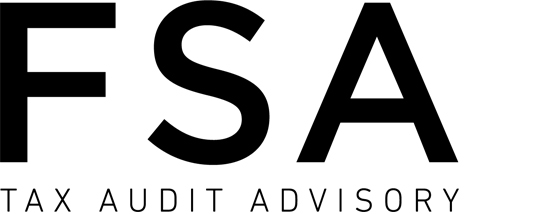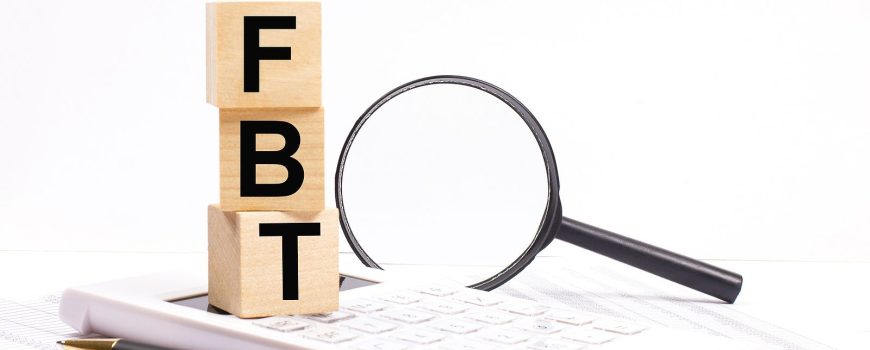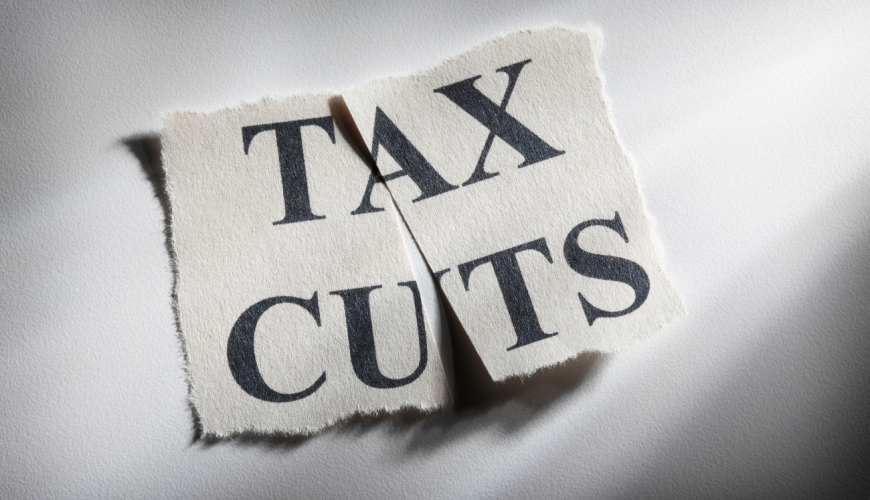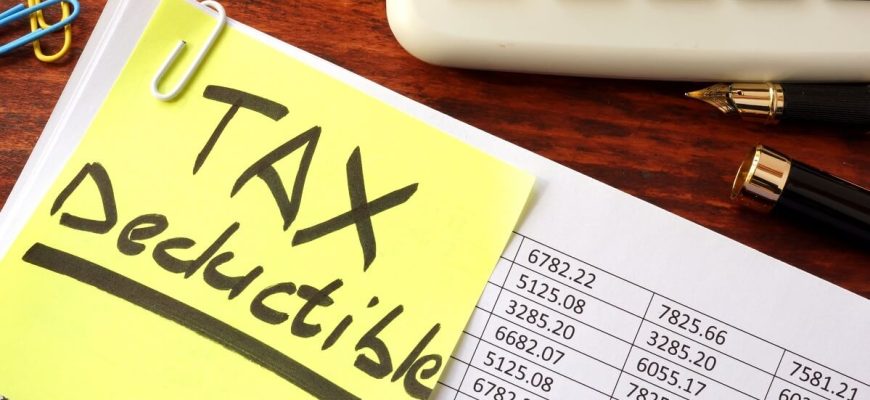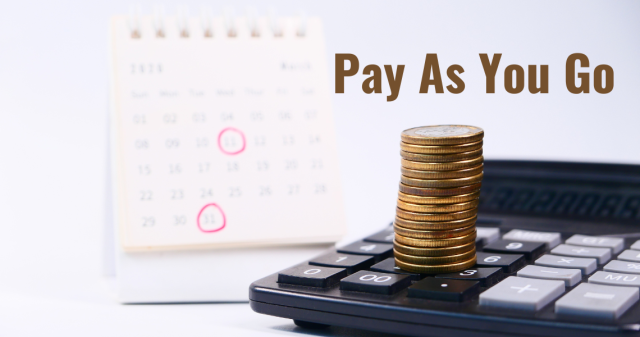The ATO has recently issued a reminder that small business owners may be eligible for concessions on the amount of tax they ultimately pay.
This depends on their business structure, their industry and their aggregated annual turnover.
For example, small business owners who have an aggregated annual turnover of less than:
- $2 million can access the small business CGT concessions;
- $5 million can access the small business income tax offset; and
- $10 million can access the small business restructure roll-over.
The ATO expects small business owners to check their eligibility each year before they apply for any of these concessions.
Furthermore, taxpayers generally need to keep records for five years to prove any claims they make.
Editor: We are always on the look-out for what tax concessions may be of use to our clients based on their individual circumstances. These small business concessions in particular, can be very beneficial when applicable.
